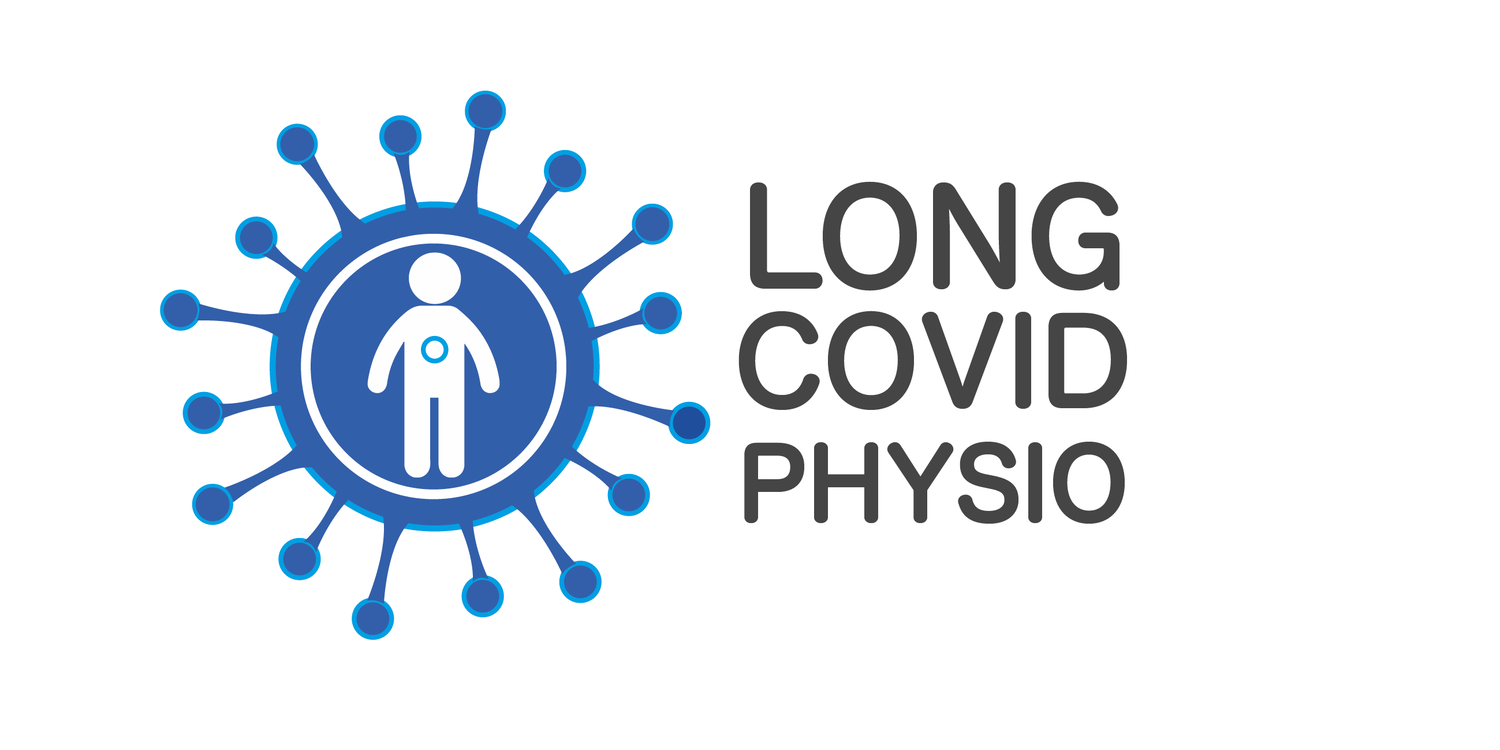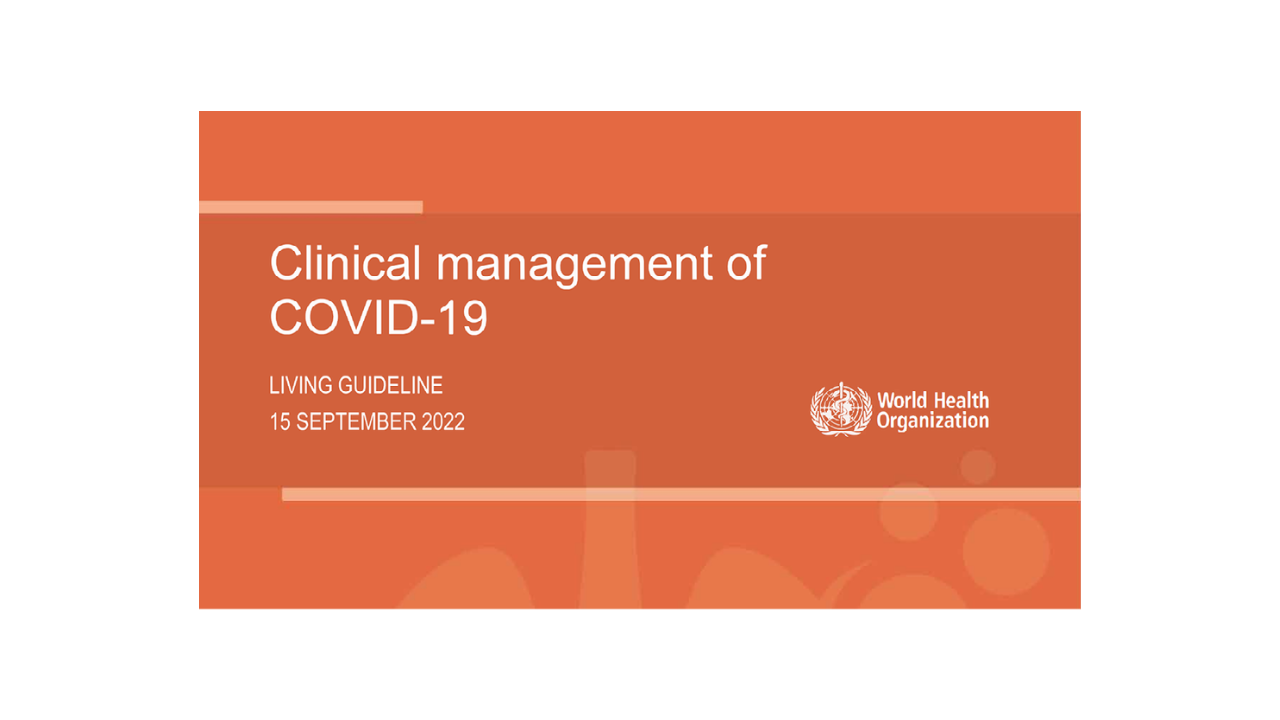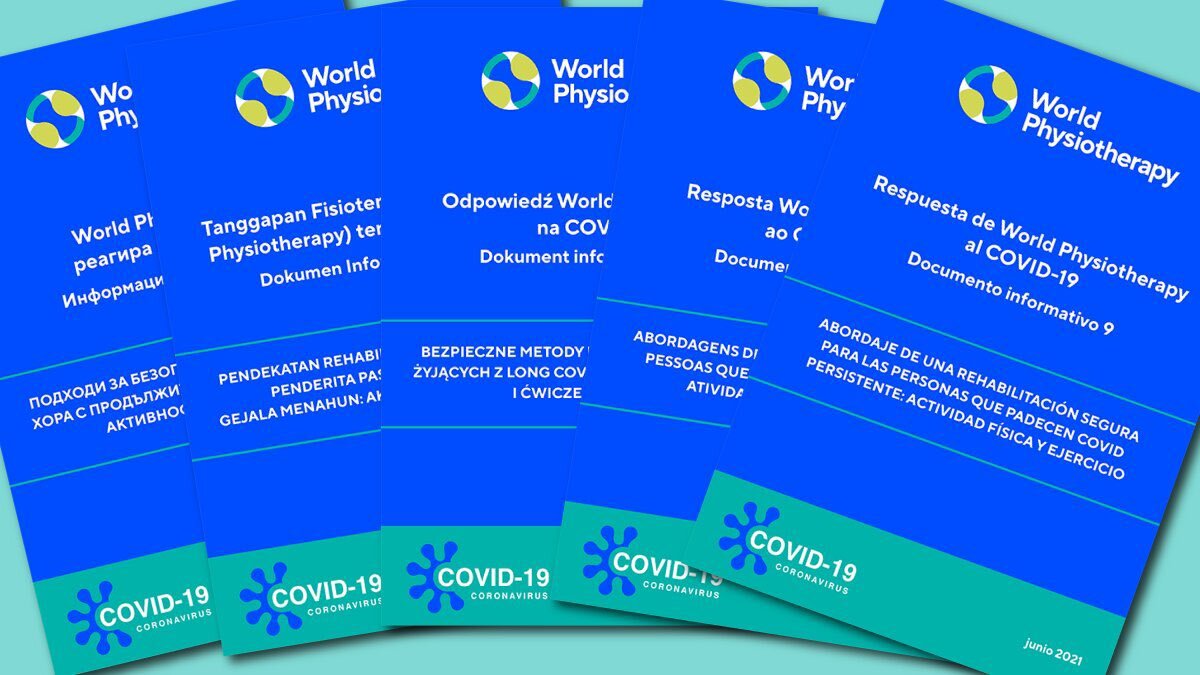Rehabilitation
This episode is from the Long COVID Video Series. Please visit the website to access audio and written versions and translations.
Rehabilitation is about health and functioning in everyday life. It is a fundamental health service for people with a wide-range of health conditions, throughout all stages of the life-course, and during all phases of acute, sub-acute, and long-term care. Rehabilitation addresses the impact of a health condition on the person’s life by focusing primarily on improving their functioning and reducing the experience of disability.
Rehabilitation is a fundamental health service for people living with Long COVID, is one of the three pillars of all Long COVID campaigning, and is included within the full spectrum of essential and quality health services under Universal Health Coverage. The World Health Organization defines rehabilitation as a set of interventions to optimise functioning to enable a person to be as independent as possible in everyday activities and enables participation in education, work, recreation and meaningful life roles such as taking care of family.
The World Health Organization provide guidelines for Long COVID rehabilitation, with explicit caution with exercise in the presence of post-exertional symptom exacerbation, and identifying the important role that education and skills training including pacing and heart rate monitoring.
World Physiotherapy published a briefing paper titled “safe rehabilitation approaches for people living with Long COVID: exercise and physical activity” that outlines key safety recommendations and actions, and is available in different languages.
Alberta Health Services and Covenant Health have published “rehabilitation and allied health considerations post-COVID-19” (second edition) that is intended to support rehabilitation and allied health providers across the care continuum who are working with patients recovering from symptoms of COVID-19. The Canadian Physiotherapy Association published “Rehabilitation for Clients with Post COVID-19 Conditions” providing guidance for rehabilitation and exercise professions, based on the World Physiotherapy briefing paper. The Chartered Society of Physiotherapy (UK) published rehabilitation standards for adults hospitalised due to COVID-19 or Long COVID, and community rehabilitation standards. The World Health Organization Regional Office for Europe published a 2nd edition of their “Support for Rehabilitation: Self-Management after COVID-19 Related Illness”, which is not specific to Long COVID but has useful information and resources with key safety considerations around post-exertional symptom exacerbation.
The Royal College of Occupational Therapists (RCOT) published two quick guides about Occupational Therapy and adults, children and young people with Long COVID. World Health Organization published a scientific brief on rehabilitation needs of people recovering from COVID-19, which includes reference to Long COVID.
The Royal College and Speech and Language Therapist (RCSLT) published reports in January 2022, including one report on the need for Speech and Language Therapy services for people with Long COVID. This report outlined recommendations for policy, practice and research, and a call to action to ensure everyone with Long COVID is able to access high quality, appropriate and equitable support for all their speech, language, communication and swallowing difficulties that have arisen from Long COVID.
World Physiotherapy provided a range of useful resources to support Long COVID rehabilitation for #WorldPTDay 20201, available in in nearly 60 different languages in their toolkit. This includes an activity diary and information sheets on:
Rehabilitation is highly person-centred, meaning that the interventions and approach selected for each individual depends on their goals and preferences. Some examples of rehabilitation provided by the World Health Organization include:
Exercises to improve a person’s speech, language and communication after a brain injury.
Modifying an older person’s home environment to improve their safety and independence at home and to reduce their risk of falls.
Exercise training and education on healthy living for a person with a heart disease.
Making, fitting and educating an individual to use a prosthesis after a leg amputation.
Positioning and splinting techniques to assist with skin healing, reduce swelling, and to regain movement after burn surgery.
Prescribing medicine to reduce muscle stiffness for a child with cerebral palsy.
Psychological support for a person with depression.
Training in the use of a white cane, for a person with vision loss.
For people living with Long COVID, the National Health Service (NHS) provides free online self-management rehabilitation for people recovering from COVID-19 called "Your COVID Recovery", however this has been criticised by communities of people living with Long COVID as it may not adequately consider key safety considerations with rehabilitation such as post-exertional symptom exacerbation. A bilingual Recovery app has been developed by NHS Wales for people living with Long COVID. This app also does not consider post-exertional symptom exacerbation. Lancashire Teaching Hospitals NHS Foundation Trust provides free online self-management rehabilitation for people recovering from COVID-19 called “COVID-19: Supporting Your Recovery”. Mount Sinai Long COVID Recovery programme provides free online breath-work for Long Covid called "STASIS". The National Institute for Health Research (NIHR) in 2020 funded a research award for the Rehabilitation Exercise and psycholoGical support After covid-19 InfectioN (REGAIN) study. Long COVID Physio collaborated with PhysiosForME to outline concerns with the REGAIN study protocol.
Date Last Revised: 9th May 2023


